Credit: Jocelyn Bell Burnell
Credit: Jocelyn Bell Burnell
Jocelyn Bell discovered pulsars. The Nobel Prize went to her supervisor
Fascinated by radio astronomy from a young age, the Northern Irish astrophysicist Jocelyn Bell was a graduate student at the University of Cambridge when in 1967 she made the first two recorded observations of pulsars – compact, electromagnetic radiation-emitting neutron stars that, until Bell’s discovery, were only theoretical. The news was almost instantly recognised as one of the most important astrophysics breakthroughs of the century. However, as this short film from the Canadian director Ben Proudfoot explores, Bell faced extraordinary obstacles and scepticism, even after the discovery that would make her one of the UK’s most recognisable scientists. With a kinetic editing style, Proudfoot’s film deftly chronicles how Bell’s colleagues, the media and scientific institutions undermined what, for a male scientist, would have been a career-making breakthrough.
Director: Ben Proudfoot
Producers: Elizabeth Brooke, Abby Lynn Kang Davis, Gabriel Berk Godoi, Brandon Somerhalder, Sarah Stewart

video
Biography and memoir
As her world unravels, Pilar wonders at the ‘sacred geometry’ that gives it structure
20 minutes
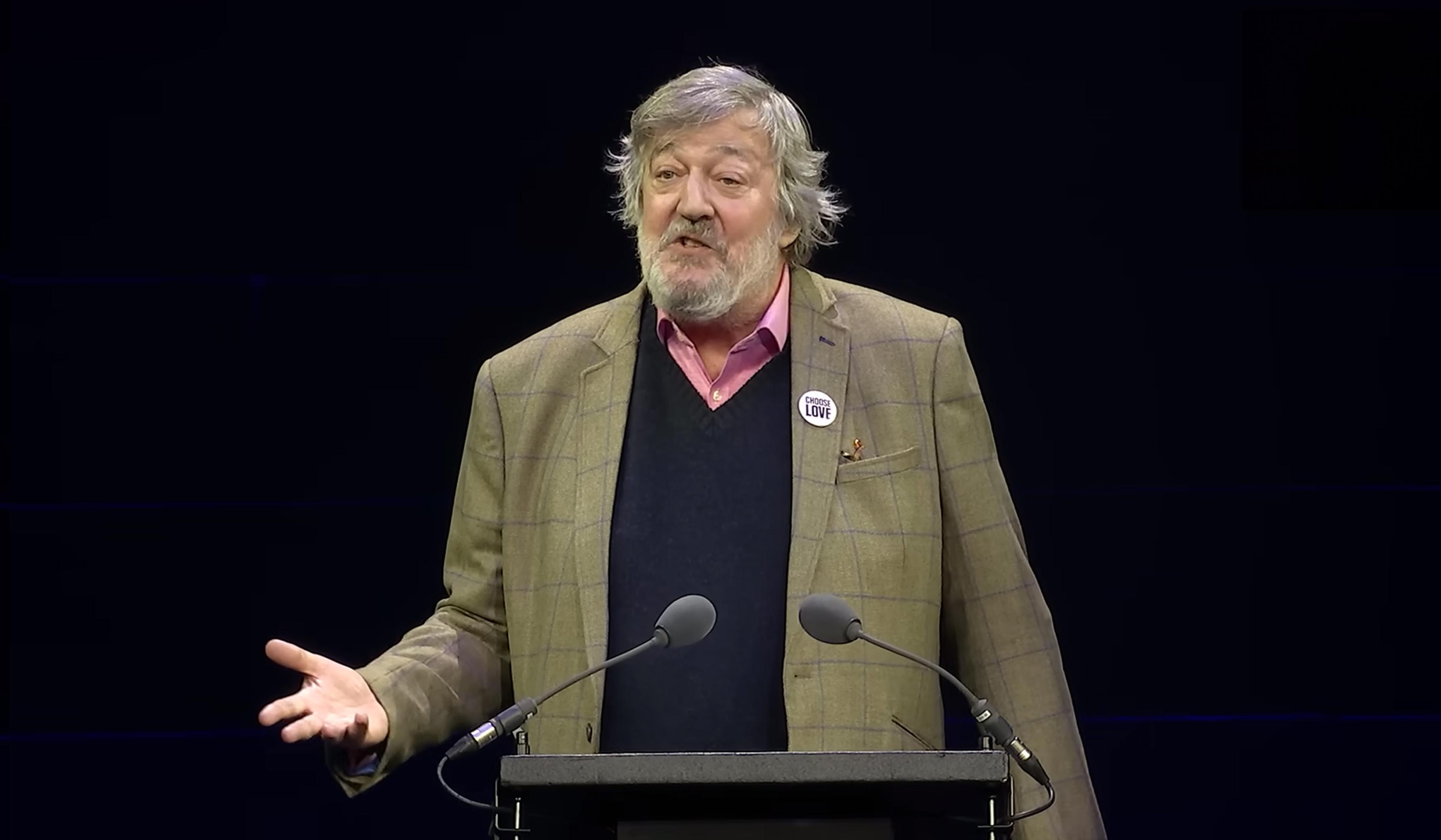
video
Meaning and the good life
Why strive? Stephen Fry reads Nick Cave’s letter on the threat of computed creativity
5 minutes
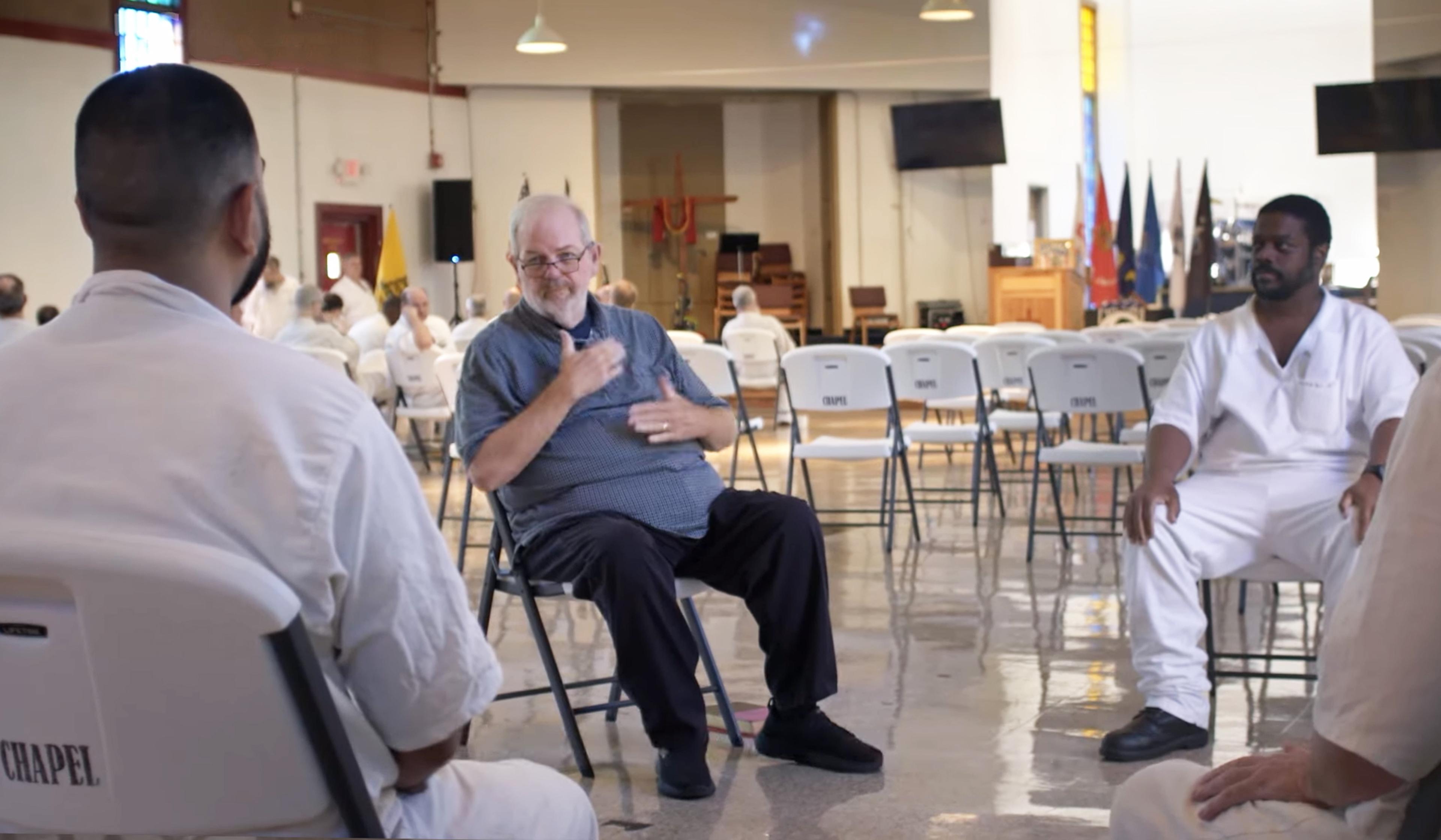
video
Human rights and justice
‘I know that change is possible’ – a Deaf prison chaplain’s gospel of hope
18 minutes

video
Physics
Find the building blocks of nature within a single, humble snowflake
4 minutes
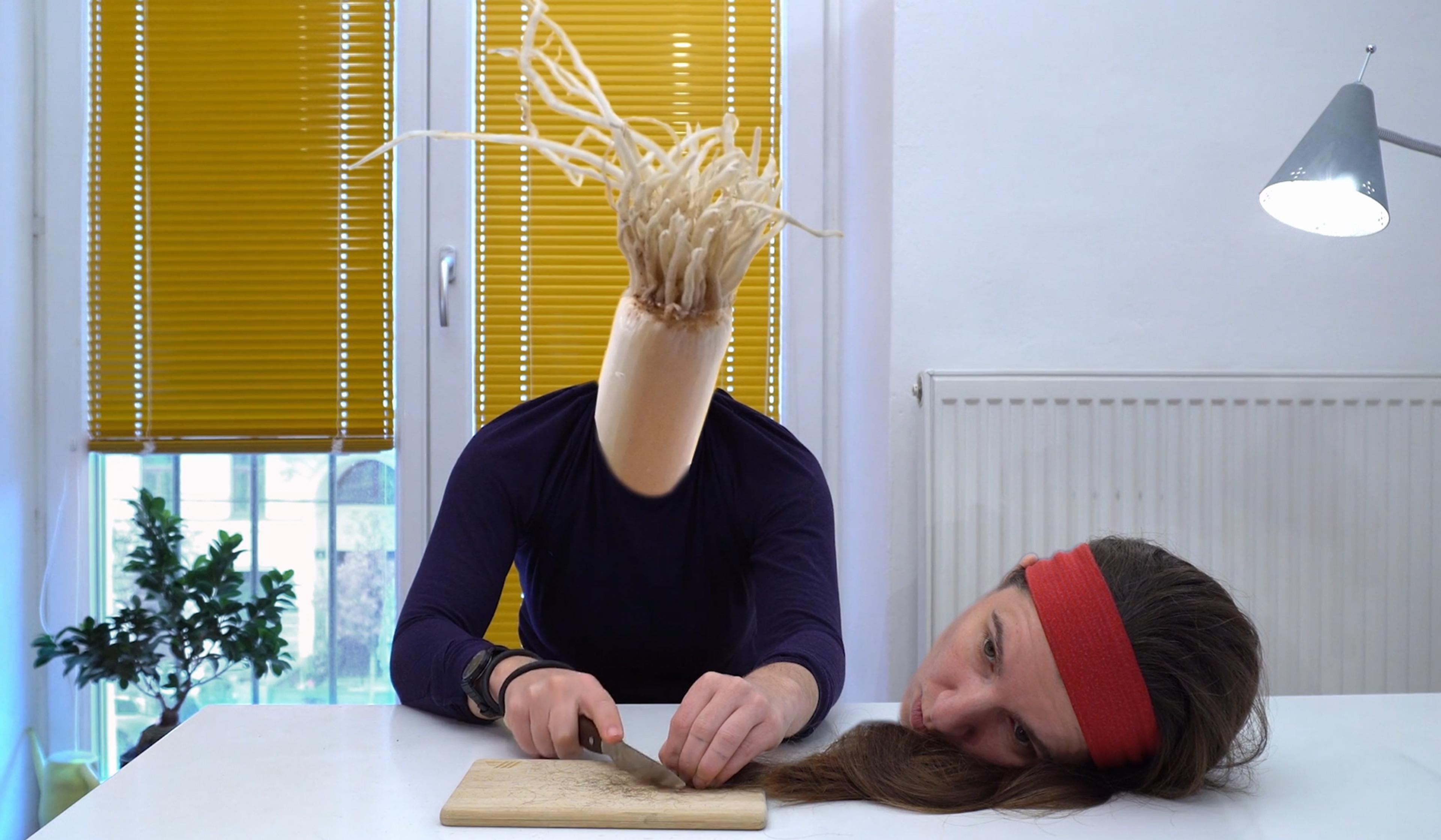
video
Technology and the self
An artist swaps her head with everyday objects in a musing on consumerism
4 minutes
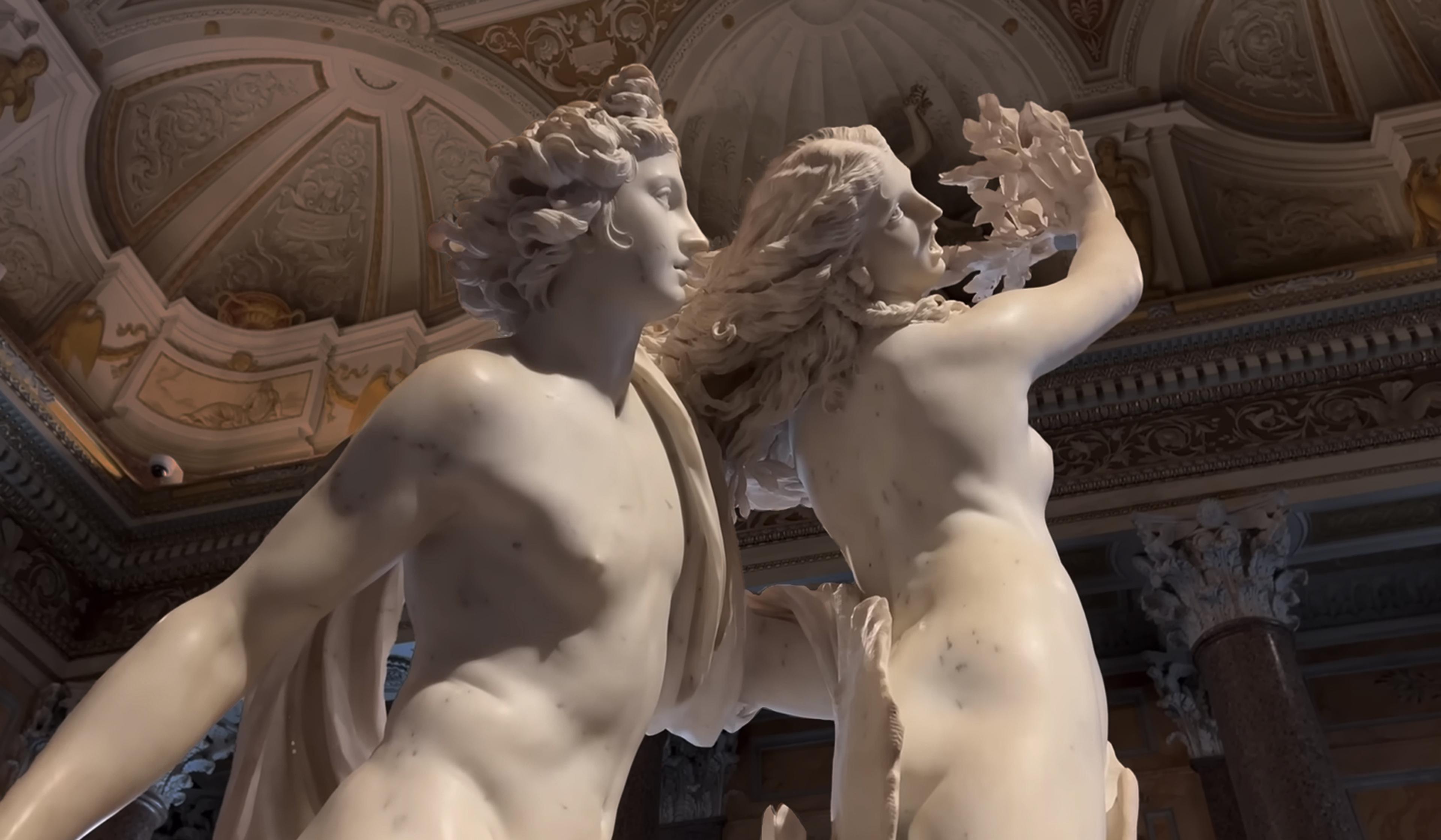
video
Art
The overlooked polymath whose theatrical oeuvre made all of Rome a stage
30 minutes
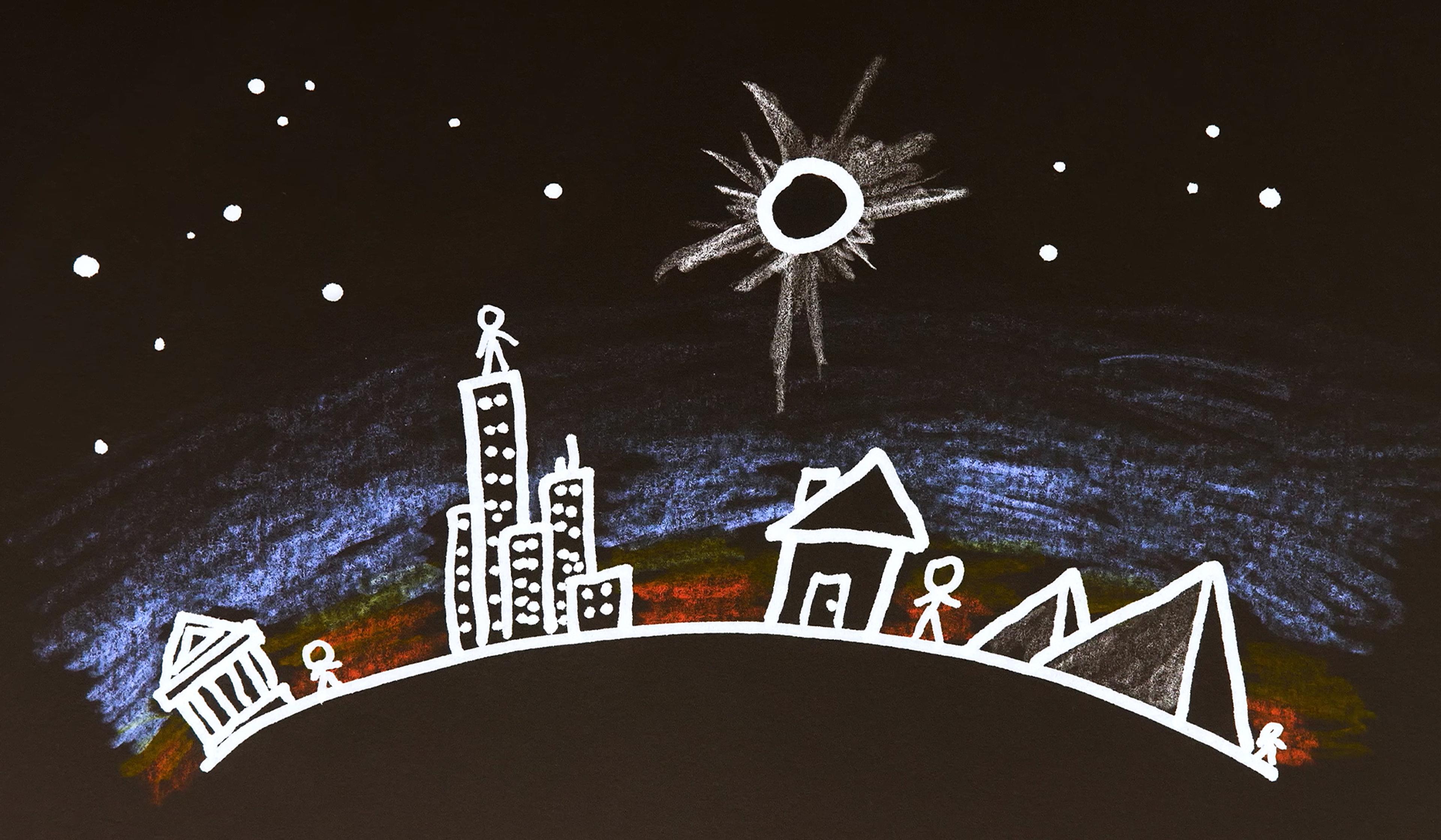
video
Physics
Why the golden age of total solar eclipses is already behind us
5 minutes
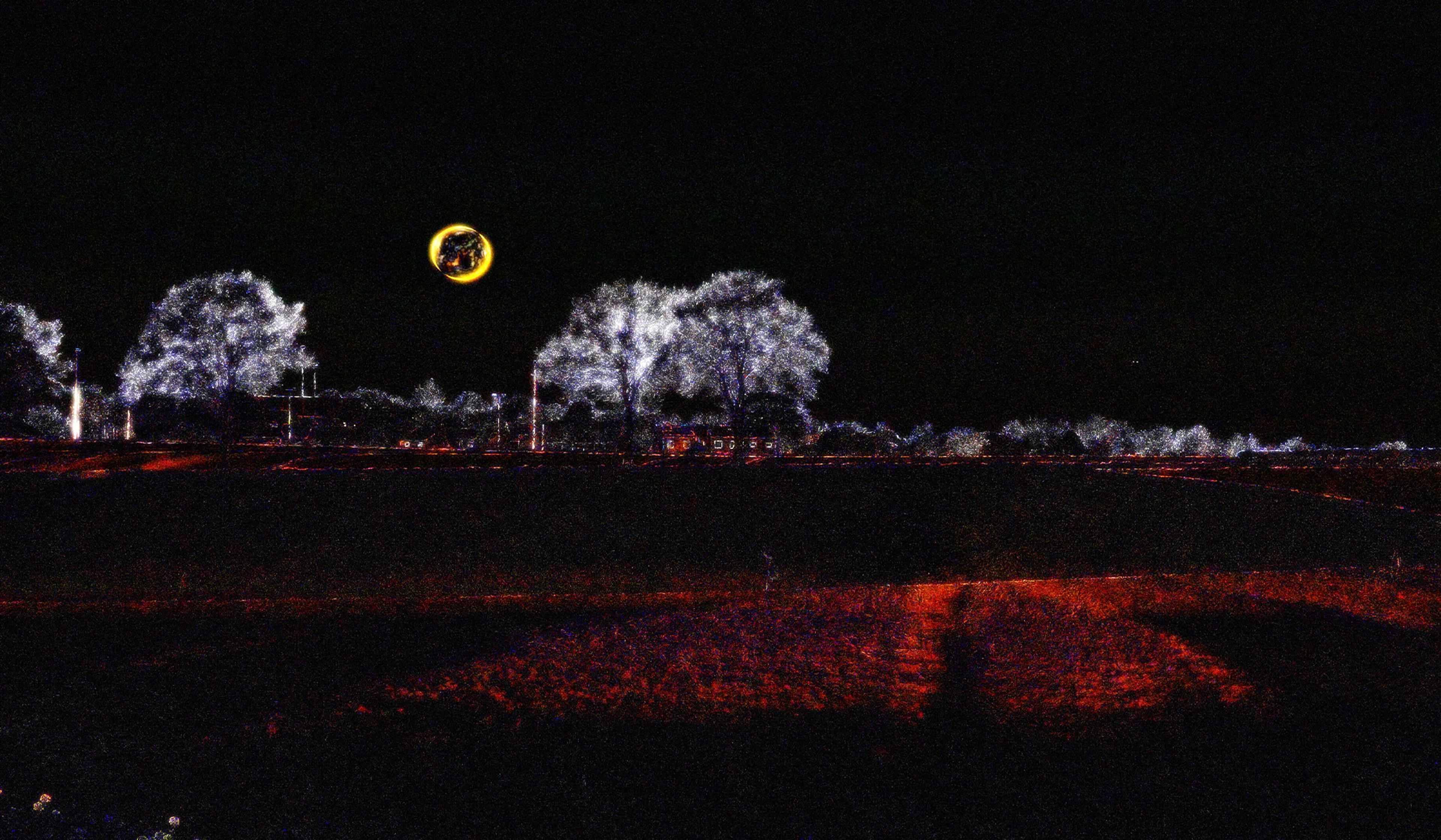
video
Film and visual culture
An augmented-reality filter reveals the hidden movements all around us
7 minutes
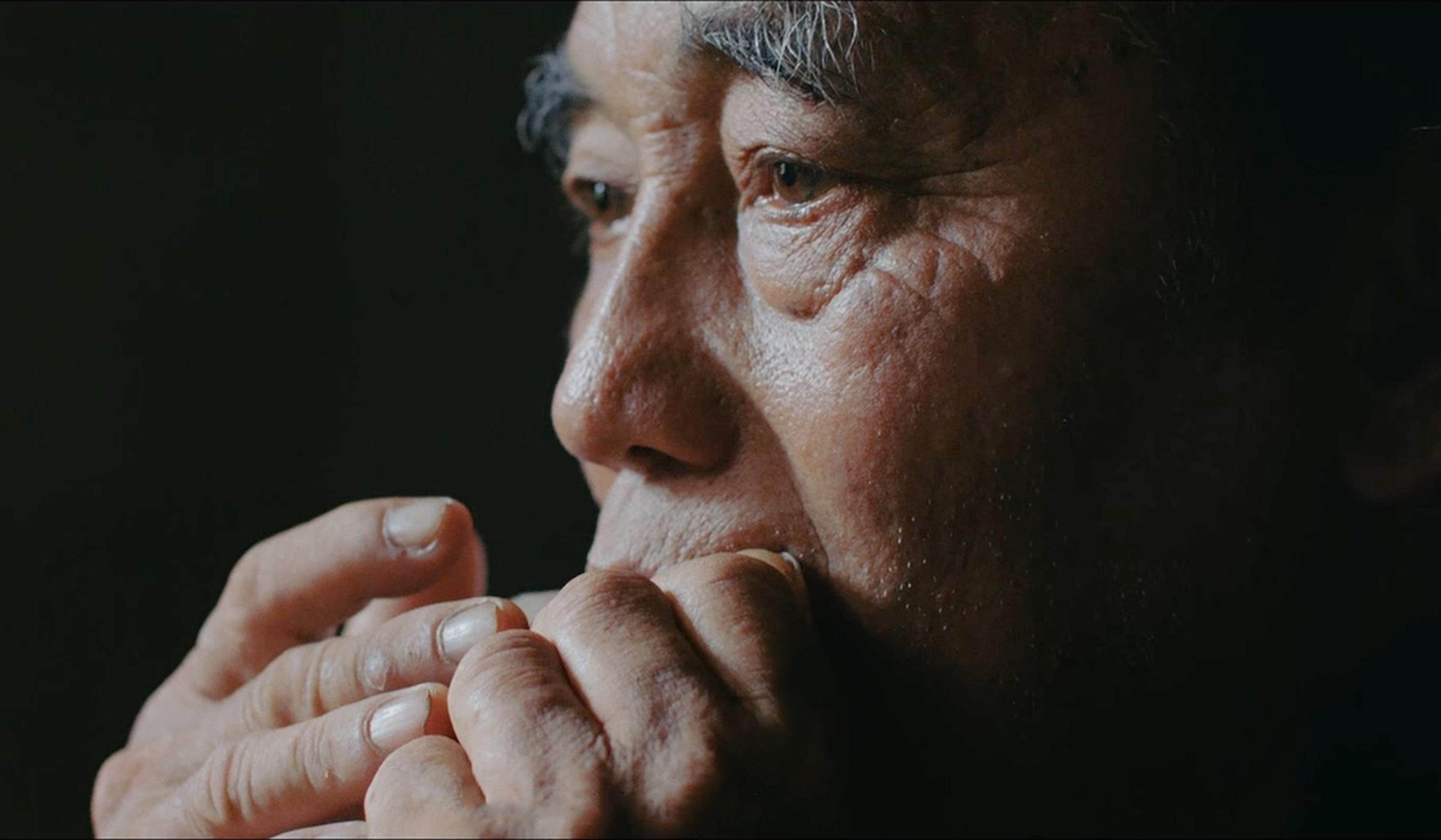
video
Language and linguistics
Messages born of melody – hear the whistled language of the Hmong people
18 minutes